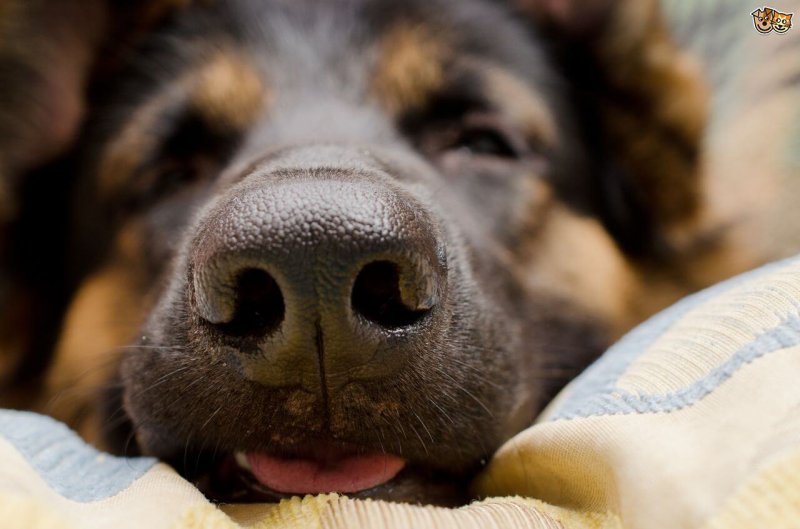“The question that we sought out to study here is, ‘how does [a] dog suppress this uninformative signal [such as] flowers… and amplify the significant part, [such as a] predator, so that it then reacts appropriately?’” [asked researcher Saket Navlakha.]
Dogs have complex brains, so researchers at Cold Spring Harbor Laboratory (CSHL) turned to fruit flies to figure it out.
…
The researchers found that odor habituation is driven by an important signal filtering process. When a fly detects an odor, a few select neurons (called Kenyon cells) respond to it. The pattern of firing in these responding neurons make up what’s called the “tag” for the odor. If an odor is constantly present but conveys no urgent information to the fly, the neurons that make up the odor’s tag will start to decrease their activity over time. This is the brain habituating to a background smell. An odor tag with fewer active neurons is less likely to elicit a response in an organism than an odor with lots of neuron activity. As a result, smells that are around all the time can be ignored in favor of a new odor that is faint but important.































